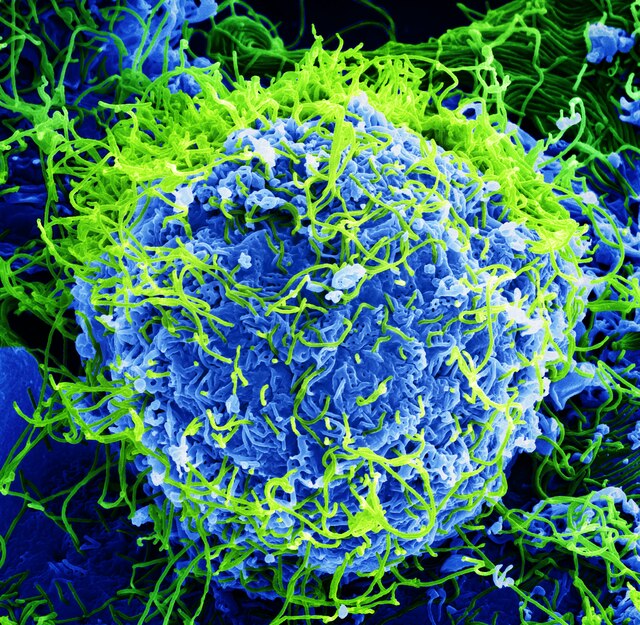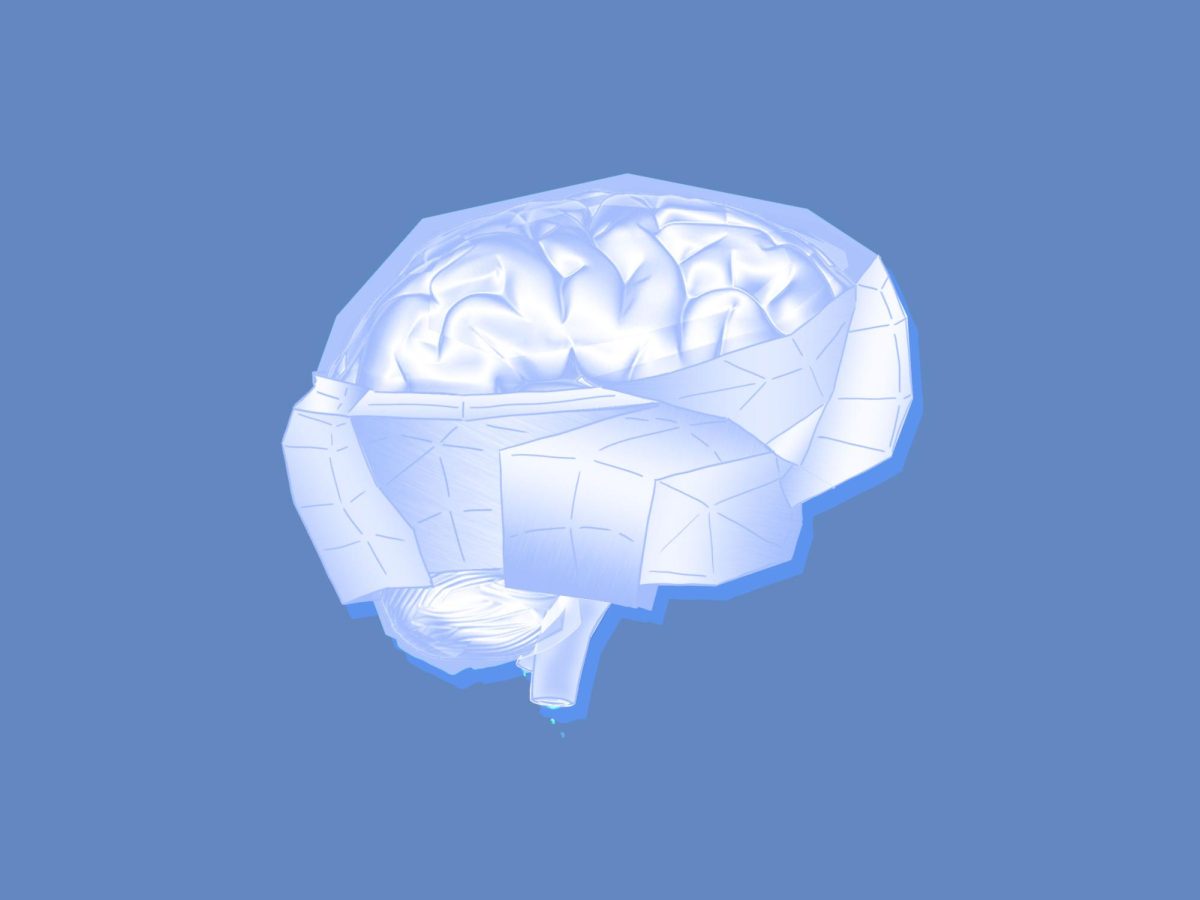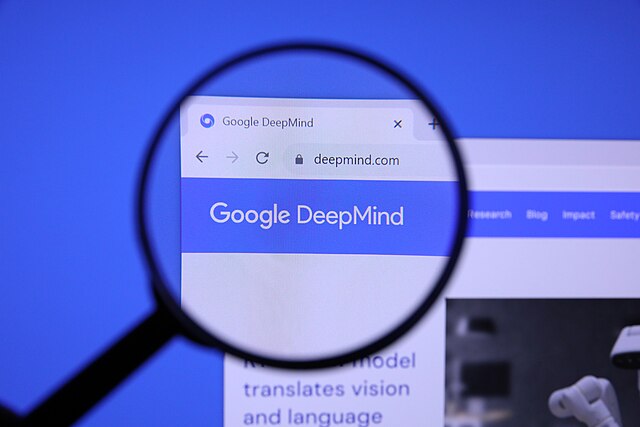Competition between humans and AI have stirred since the debates about lost jobs and opportunities. Musk’s creation of a new brain device could open doors to a new world of humans waving the white flag to the upcoming robot generation.
However, this idea seems to be in the far future as The New York Times reports this to be driving “quickly into science fantasy,” but Musk is determined to run as many trials and tests to create a better future for both humans and AI.
Ma’s skepticism should not be taken lightly. Even though Musk’s approach to the world of computers has some validity, the one thing that humans outsmart AI in is empathy. This begs the question just how far AI will reach to become nearly aligned to human nature.
Telecom companies have been utilizing the intricate and humanistic qualities of AI by investing in chatbots and helpful tools on their sites. “The ability to offer speech and voice services such as chatbots is available thanks to artificial intelligence and machine learning,” Forbes stated.
Instead of relying on human interaction, customers jump in using chat guides to find what they are interested in, resulting in immediate satisfaction.
While Ma stands correct in the fact that it does seem a bit overboard that computers will outsmart the human race, Musk presents a clear case that AI would rather aid than outsmart, even though he truly believes in the latter.
AI has already proven beneficial to humans, but has become lackluster in terms of humanistic qualities and features that sometimes go haywire.
The self-service check out in your local grocery store will still need an employee to verify the age of a customer during the purchase of an alcoholic beverage because the machine cannot identify the customer like a human can.
The Apple store still hires technicians to identify and fix problems that Apple users have difficulty troubleshooting. As such, unless creators of AI streamline their products to have more of a humanistic and less problematic touch, humans are here to stay.








